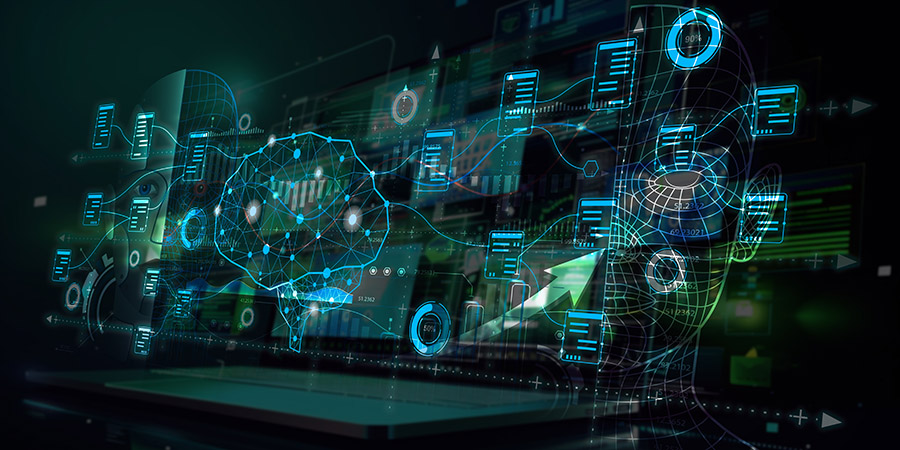By 2025, AI-enabled PCs are poised to transition from being a mere luxury to a necessity, accounting for an estimated 60% of total PC shipments, according to ABI Research.
This surge is being powered by advancements such as the widespread integration of Neural Processing Units (NPUs), the mainstream use of large language models (LLMs), and the anticipated release of Microsoft’s Windows 12 in late 2025.
AI PCs offer more than futuristic appeal; they excel in optimizing energy efficiency during AI-intensive tasks, enhancing battery life and supporting cutting-edge, on-device AI applications. Hardware specifications include high computing power with 16 GB to 32 GB (or more) of memory, while software innovations ensure AI models operate efficiently alongside other programs.
Despite these capabilities, awareness remains low. An Intel survey revealed that 86% of respondents in the UK, France, and Germany had never heard of, or used, an AI PC. This highlights a significant marketing challenge for vendors aiming to showcase the productivity and efficiency gains these devices deliver.
With Gartner predicting AI PCs will comprise 43% of global PC shipments next year, and IDC projecting a leap to 60% by 2027, non-AI PCs are set to become increasingly rare. As adoption grows, critical evaluation is required to determine whether AI PCs can match the popularity of cloud-based AI tools like ChatGPT.










